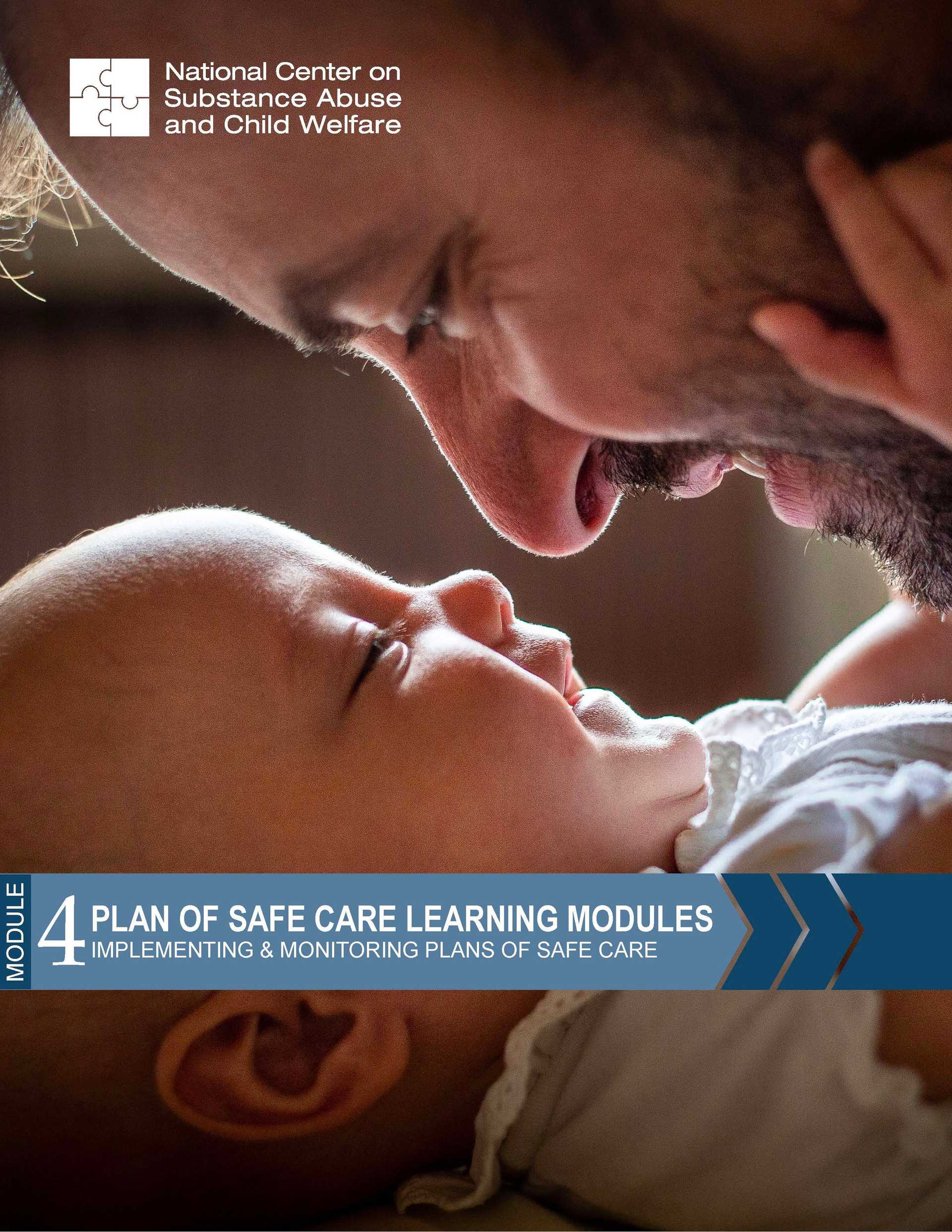Module 4: Implementing and Monitoring Plans of Safe Care

National Center on Substance Abuse and Child Welfare, 2020
Section 503(B) of the Child Abuse Prevention and Treatment Act (CAPTA) stipulates that states provide an assurance that the state is operating a statewide program that includes policies and procedures to address the needs of infants born with and identified as being affected by substance abuse or withdrawal symptoms resulting from prenatal drug exposure or an FASD, and their family or caregivers. This includes the development of a Plan of Safe Care to ensure the safety and well-being of such infants and that addresses the health and substance use disorder treatment needs of the infant and affected family or caregiver. CAPTA further requires the development and implementation by the state of monitoring systems regarding the implementation of such plans to determine whether and in what manner local entities are providing, in accordance with state requirements, referrals to and delivery of appropriate services for the infant and affected family or caregiver. The law does not specify the state system that should be used to implement or oversee the Plans. States need to identify the appropriate agency or system to oversee Plans of Safe Care, and develop effective policies or practices to ensure the Plans are monitored on an ongoing basis. This module explores state decision points when implementing Plans of Safe Care, and how collaborative teams can translate policy decisions into practice through implementation and case monitoring.
Topic(s): CAPTA Plans of Safe Care
Section: Policy and Practice Resources
